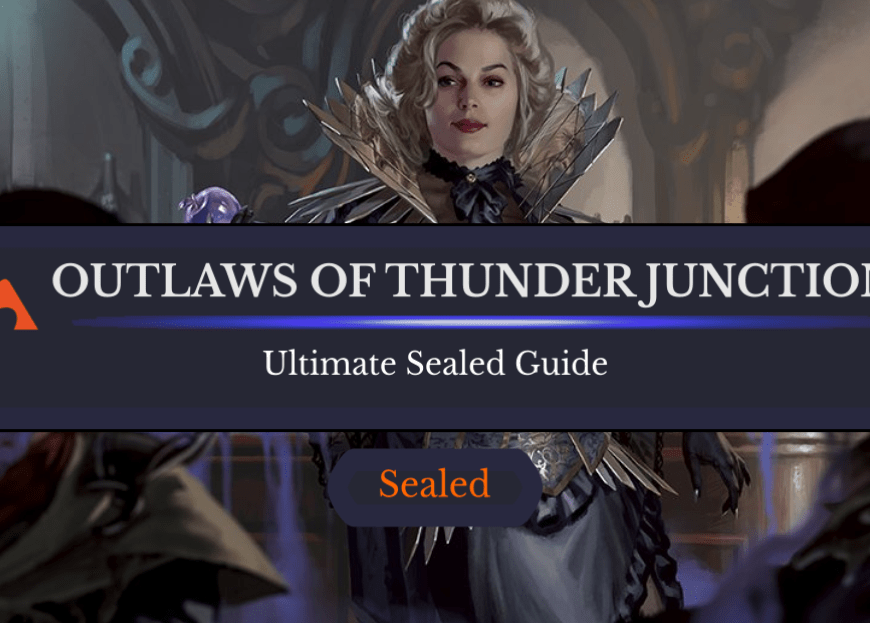
Bruvac the Grandiloquent | Illustration by Ekaterina Burmak
MTG can be an expensive trading card game, seeing as some decks need multiple $20+ cards in them, and even $300+ ones depending on the formats you play. In addition, it can be unsafe to travel around with your thousand-dollar Legacy deck that you’ve kept for at least 15-20 years only to be robbed or have it damaged or spoiled.
To get around these problems caused by really expensive cards, there are proxies, which are nothing more than a copy of a card, or a playtest card. But is it legal to proxy an MTG card? What about proxying a whole deck? And when can you play with proxy cards?
Let’s find out!
What Is WotC’s Stance on Proxies?

Incite Insight | Illustration by David Sladek
An official stance from WotC states: “Wizards of the Coast has no desire to police playtest cards made for personal, non-commercial use, even if that usage takes place in a store.” Moreover, “cards used in official Wizards Play Network events must be authentic Magic cards. Playtest cards and proxy cards are allowed within WPN Retail Stores only for non-commercial use in unsanctioned events.”
Are Proxies Legal?
As implied by WotC, you're free to use proxies as you see fit as long as you don't attempt to sell them and don’t use them in sanctioned events. You can make proxies, print proxies at home, buy and even sell them – but not as the real deal. Making proxies of cards and selling them to a third party is okay, but printing fake cards and selling them as legit Magic cards is a crime called counterfeiting. After all, WotC and Hasbro have total ownership of the Magic: The Gathering intellectual property (IP). If you walk around with a proxied Commander deck or Cube, rest assured, you won’t go to jail.
Player Acceptance / Use vs. Legality
This is a topic that’s very divisive in the MTG community. From a legal standpoint, playing with proxies is fine. However, you can’t use them in sanctioned tournaments, which require authentic cards because they usually award cash prizes or even a classification to play another tournament like a PTQ.
The rules are different on the kitchen-table or in a casual Commander pod. As long as all the players agree, you’ll be allowed to use proxies. Some players and playgroups don’t like and don’t approve of it, though, as it seems like a disrespect to the game, to its card economy, and to people who spent tons of cash to get the real cards.
Finally, there’s also the Eternal format question. With some Eternal staples like Gaea's Cradle or Bazaar of Baghdad, and even fetch lands and original dual lands reaching $500-$2000 each, people are often priced out of the game. As such, some Local Game Stores (LGS) and Eternal format players allow people to use proxies, perhaps with a limit of say, 10-15 proxies per deck.
Where Is It Acceptable to Play with Proxies?
Vintage tournament organizers usually allow players to put some proxies in their decks. If you’re going to play a deck that requires six of the 9 Power Nine cards, being able to proxy them is fine and you’ll reduce the barrier of entry for the format. The fact that many of the most expensive cards in Vintage are restricted helps, as there’s no way you could realistically play a deck with 20+ pieces of power and have a balanced format.
It’s not the norm, but some LGSs accept that you proxy some cards or the whole deck even in prize-supported events. Proxy usage is more accepted in casual formats like kitchen-table, Cube, or EDH. Whenever you play with proxy cards, at least ensure that they’re well-made or printed on a high-quality, colored printer. Some players accept proxies but will sniff at it if you write Black Lotus on the back of an MTG card and call it a day.
If you're interested in checking out proxies for yourself, we recommend Printing Proxies or MTG Proxy for all your proxy needs.
Wrap Up

Flawless Forgery | Illustration by Durion
Proxies provide an alternative to playing with expensive cards, and there are just as many people who love them as there are purists that hate them. As such, this is a highly controversial, but ultimately legal aspect of the game. People mostly proxy a card for a quick playtest before acquiring the real card, or sometimes simply because ordering a single card and waiting isn’t worth it. And some folks try to outsmart their friends by not spending a dime on the game, too.
What’s your stance on proxies? Are they allowed at your LGS? Let me know in the comments section below, or in our Draftsim Discord.
Stay safe folks, and I’ll see you around.
Note: this post contains affiliate links. If you use these links to make a purchase, you’ll help Draftsim continue to provide awesome free articles and apps.
Follow Draftsim for awesome articles and set updates:

Add Comment